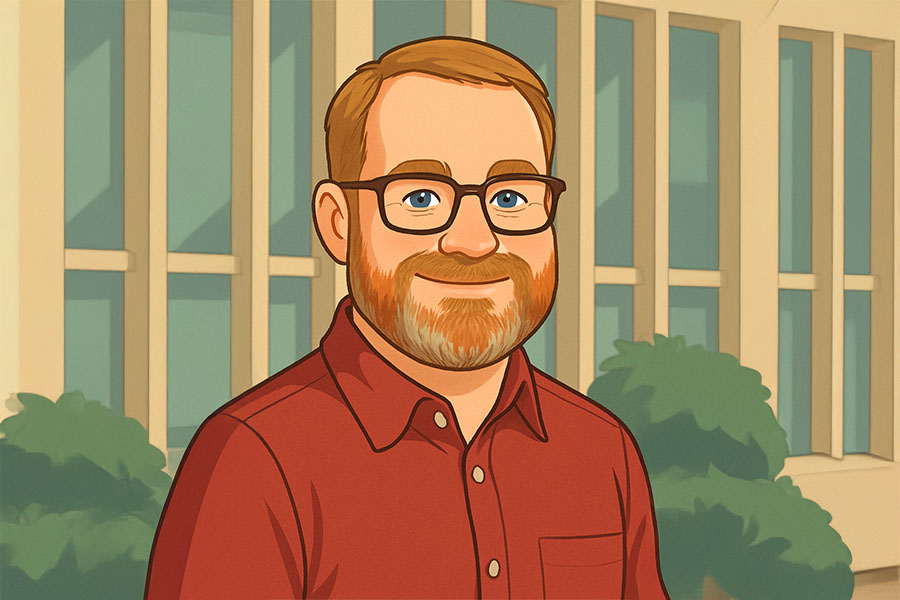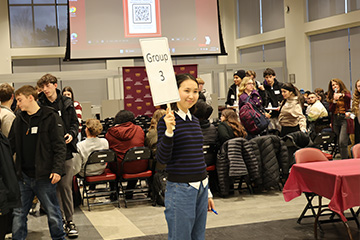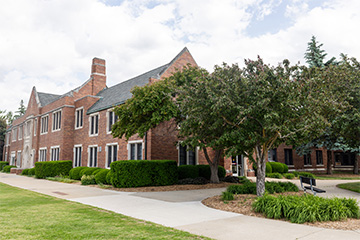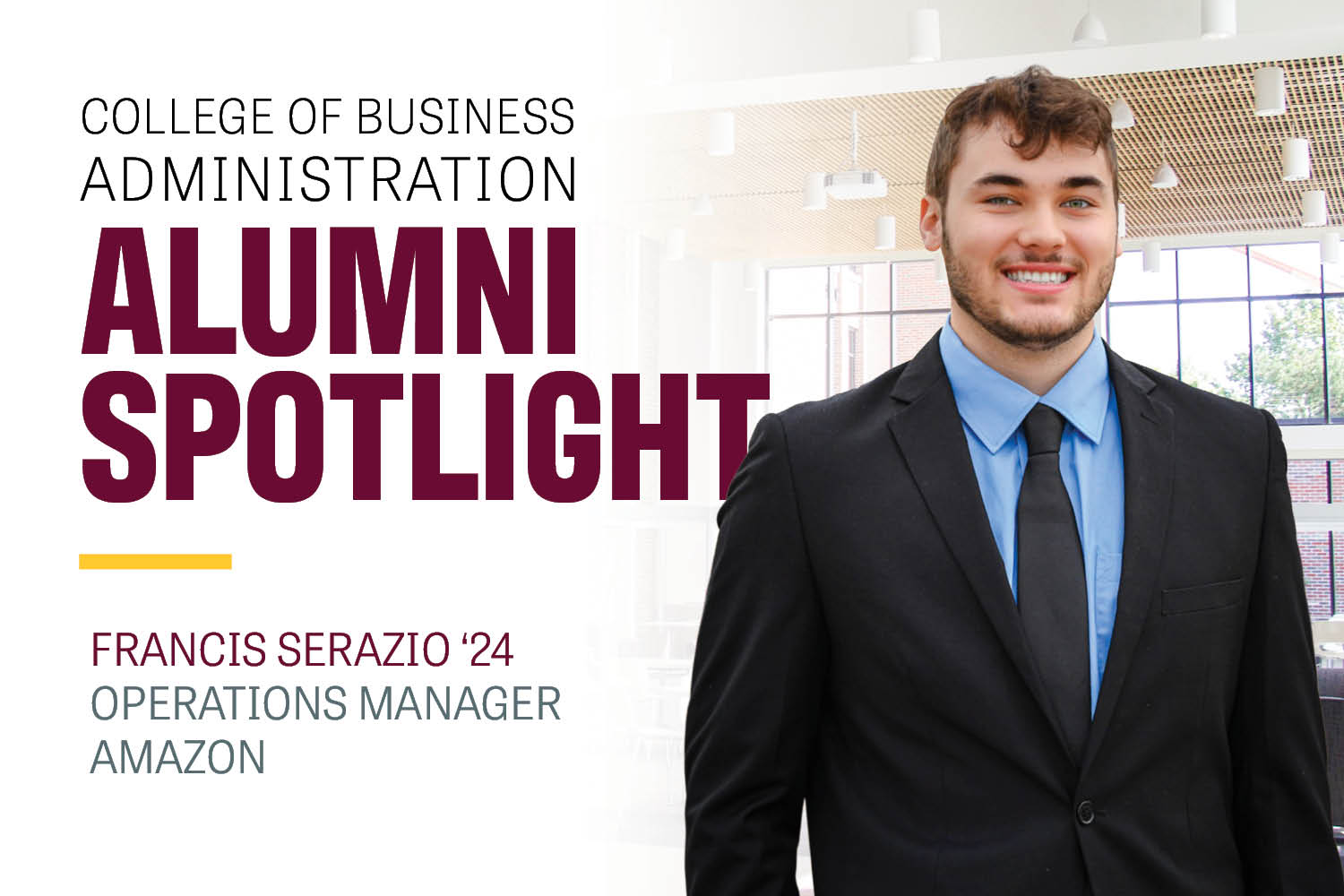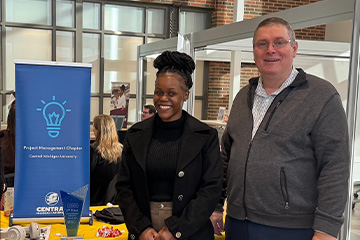Retraining your brain: Notice opportunities like expert entrepreneurs
Howard Haines is helping students sharpen one of entrepreneurship’s core skills—and bringing AI, expert insight, and deliberate practice into the process.
Experienced entrepreneurs spot gaps in the market and launch businesses that meet customers' needs because they “just had a feeling” about an idea. But according to Central Michigan University entrepreneurship faculty member Howard Haines, that feeling is often the result of skills they’ve built over time through experience—and those skills can be taught.
“Expertise happens when your brain automates all the steps needed to achieve a task,” Haines said. “It has kind of chunked together your experiences and condensed them into a few simple steps, so your brain doesn’t have to work so hard. But in reality, each of those steps is comprised of a bunch of smaller sub steps that depend on different contexts and cues to which you pay attention.”
To uncover those subtleties, Haines uses cognitive task analysis to interview successful entrepreneurs—not just about what they do, but how they think, react, and decide. He asks them to walk through their decision points in detail, surfacing the mental models behind their choices. “When they say, “It depends”, we just try to pull out a bunch of if-then statements of their experiences to find out exactly what it depends on,” he explained. “We start to uncover different kinds of ways people use skills that they've developed over time.”
One foundational skill is noticing opportunity—the ability to spot potential where others see only obstacles and evaluating which ones to pursue. That became the focus of a new learning tool Haines created for his students. After piloting a paper-based version in class, where students retrained their brain so effectively that spotting opportunities became second nature, he began to develop a tool that students could use outside of class to get real-time feedback.
“We were working on training an algorithm, and when suddenly Open AI’s GPT came out,” he said. “And we were like, oh wow, this is a lot easier now.”
Now, Haines has created a custom-built GPT-powered chatbot to guide students through structured reflection and real-time feedback. The chatbot prompts them to analyze their daily experiences, submit observations, and refine their thinking using a model built from expert entrepreneurs’ decision-making patterns.
But the process goes beyond logic—it taps into intuition, emotion, and self-awareness.
“Our emotions are meaning markers,” Haines said. “When you think about decision making, it often sounds rational or computational. But in reality, emotions are what allow us to understand the context—to estimate and infer things that aren’t necessarily visible logically.”
Students practicing this skill start to notice changes in how they move through the world. Some report paying closer attention to friends venting or noticing moments of frustration as potential opportunities. “It’s about building awareness,” Haines said. “You start to hear things differently. You start to listen more intentionally.” Ultimately, he hopes tools like this can help students strengthen not just their skills, but their sense of agency.
“The tool doesn’t generate ideas for them—it helps them refine their thinking,” he said. “It’s about guiding them through the process an expert would follow and helping them build their own judgment.”
Through AI-supported deliberate practice, aspiring entrepreneurs aren’t just learning theories-they're actively training their ability to habitually see and seize opportunities that might be the next big thing. For anyone interested in learning more, Haines has published a research article about the development process with a link to the custom GPT for others to use.
